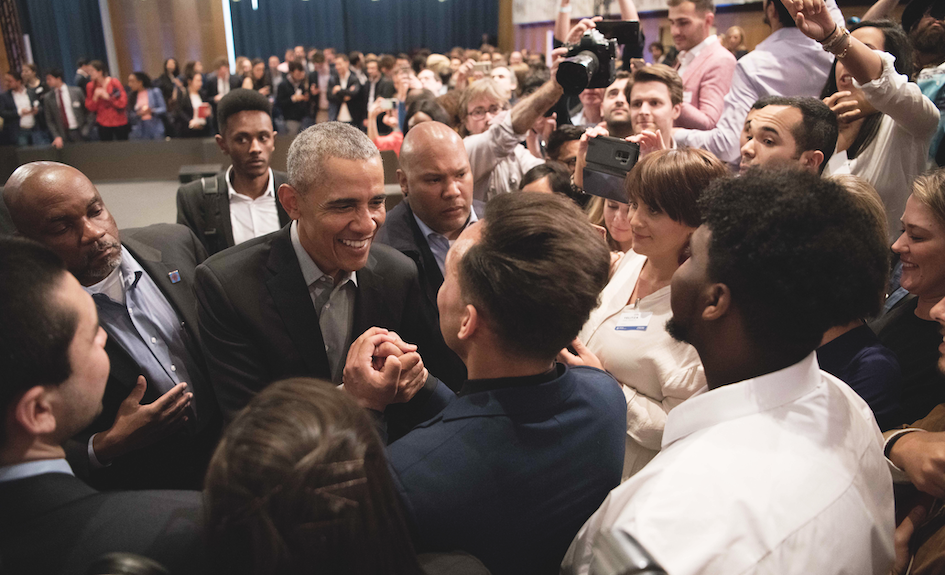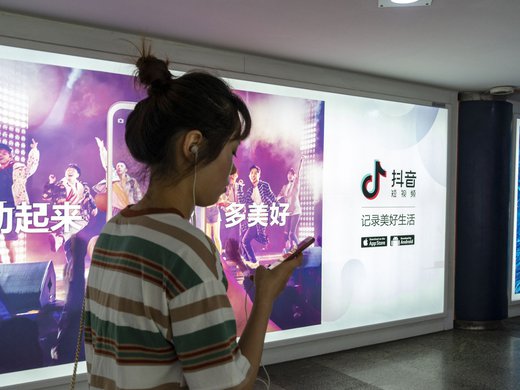Online spaces such as Meetup.com and Facebook played pivotal roles as digital town squares during the US presidential campaigns of, respectively, Al Gore and Barack Obama. Both candidates were lauded for their tech savvy and innovative approaches.
But in the years since these early forays, while technology has enabled greater engagement and participation in the political process, it has also introduced challenges.
As technology takes a more prominent place in our lives via smartphones, millions of apps, social media platforms, and now, an explosion of content and technology driven by artificial intelligence (AI), the complex dynamics between technology and democratic participation are worth examining in detail.
Shared Understanding of Truth
While communications technology has democratized information, that good is challenged by problems also enabled by tech: biased echo chambers, misinformation, fake news and deepfakes. These undermine the shared understanding of truth and facts essential for informed participation in a democracy. The ease with which information can be manipulated and spread further challenges the foundations of democratic discourse.
As algorithms tailor content to users’ preferences, they create echo chambers that reinforce users’ existing beliefs and limit their exposure to other perspectives. Consequently, citizens have become increasingly polarized, compromising the deliberative process at the heart of democracy.
Then there are epistemological challenges stemming from doubts about the reliability and validity of online information. As citizen journalism and user-generated content have grown, traditional gatekeepers of information have lost influence. This blurring of lines between professional journalism and citizen reporting, though in a sense democratizing, has contributed to uncertainty about the credibility and accuracy of news sources.
Deepfakes are making it increasingly difficult to distinguish between genuine and manipulated content. A fragmented information landscape, fraught with misinformation, fictitious “news,” contradiction and divergent narratives, is eroding our shared understanding of truth and facts, which are crucial to informed decisions in a democratic society. These developments in tandem further entrench the divisions already existing between people, create apathy, and hinder productive discourse and debate.
Discourse among citizens and voters should deal in established facts, from which opinions and positions can then be derived.
Meanwhile, the media landscape is continuously being transformed. Traditional media outlets are struggling to adapt, while new digital platforms offer opportunities for alternative sources of information. But there is no question that clickbait headlines, particularly on social media, along with sensationalism and bite-sized content, undermine nuanced political discussion.
Indeed, research has shown that constant exposure to an abundance of information, including on social media, is reducing our collective attention span and consumption habits. Average daily screen time has increased by 50 minutes per day since 2013. With a seemingly endless supply of information vying for our attention, citizens are drawn to superficial consumption.
According to a study in the RAND Journal of Economics, “a wealth of information creates a poverty of attention and a need to allocate that attention efficiently among the overabundance of information sources that might consume it.”
Education about critical thinking, the importance of diverse perspectives, media literacy and citizen journalism can help people better understand the importance of civic engagement.
Strengthening Citizen Participation in Democracy
If we’re to harness the potential of technology for strengthening citizen participation in democracy, a multi-faceted approach that involves policy makers, the private sector and the broader population is essential.
When new technology and products, including those powered by AI, are being created, a values-based framework should be integrated into their design — one that includes the potential impact on the democratic process as a checklist item.
Education about critical thinking, the importance of diverse perspectives, media literacy and citizen journalism can help people better understand the importance of civic engagement.
This education should also focus on how to find reliable sources of information, fact-check, and use social media responsibly. It should be integrated into school curricula, from high school to post-secondary. For the broader population, educational events, mobile apps and web portals can be used to good effect.
If we address these challenges, we can optimize our use of technology to empower citizens, encourage informed engagement, and uphold participation in civic life. But the time to act on this is now. The transformation is upon us, and there is no slowing it.



